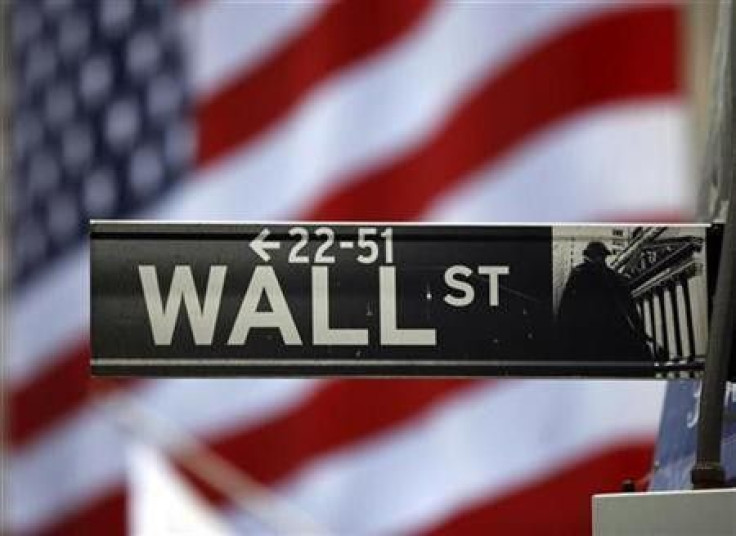Megabanks Like Citi, Bank Of America, Barclays, UBS And JPMorgan To Do Well In 2013: Fitch

Global trading and universal banks, the too-big-to-fail institutions that underpin most of the financial system worldwide, “have built robust balance sheets” and are likely to have a stable year in 2013, Paris-based credit ratings agency Fitch Ratings said Thursday.
The view by Fitch, in a report that examined 13 global megabanks including Bank of America (NYSE:BAC), JPMorgan Chase (NYSE:JPM), Citigroup (NYSE:C), Barclays (NYSE:BCS) and UBS (NYSE:UBS), comes in spite of the fact the ratings agency also “expects earnings pressure to remain well into 2013 and likely beyond” and understands “market activity should remain constrained by the macroeconomic environment, while markets await greater clarity on the U.S. fiscal cliff situation and the direction of European and global economies.”
That assessment on the state of large banks stands in stark contrast to a report made public in early November, where Fitch assigned a “negative outlook” to U.S. securities trading firms “given the inherent volatility of the capital markets business.”
“Securities firms will face a number of new regulations with the implementation of Dodd-Frank and other rules. Higher capital standards, restricted proprietary trading, and central clearing of derivatives may result in more conservative risk profiles particularly at large institutions. However, costs to comply with these rules will continue to pressure revenue generation and earnings,” Fitch explained back in November.
But apparently, the same regulatory environment it sees as a negative for traders is a positive for banks. All of the factors Fitch called “positive ratings drivers” were “partially the result of new regulations," the credit ratings agency noted.
The thumbs-up from Fitch is one of the latest pieces of good news to come for large international banks in recent days. Late last month, for example, the French government finally delivered a draft of its financial reform bill that most immediately classified as toothless. Banks had feared new President Francois Hollande, who ran a fiery anti-bank campaign earlier this year, would try to aggressively go after their revenue centers.
And banks are doing all they can to gin up their own good PR. A November report by a Deutsche Bank analyst argued the universal bank model is the best of all possible models, and that “it would be wrong to split them up”
“Universal banks are able to leverage revenue and cost synergies through economies of scale and scope. These benefits are passed on to universal banks’ customers and investors. Ultimately these benefits lower the costs of finance for society as a whole,” the report noted.
© Copyright IBTimes 2024. All rights reserved.











